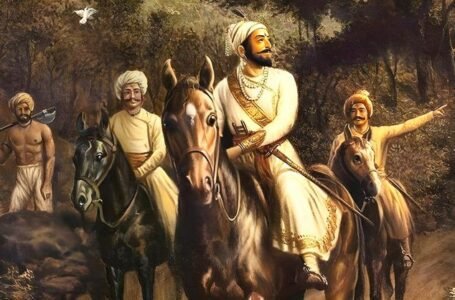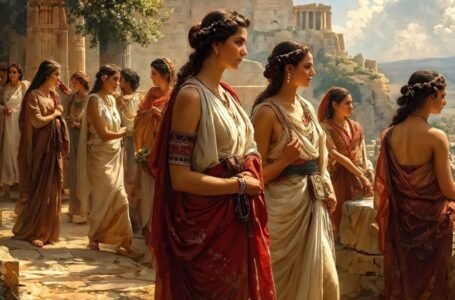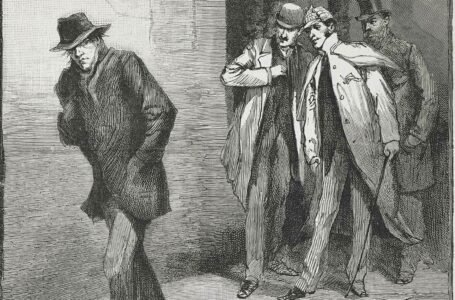Alha Udal Ballads: The Echoes of Heroism and Legacy
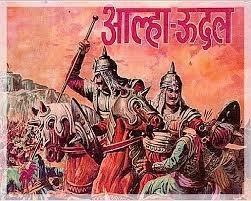
Have you ever tried to think about how tales of courage, passion and self-sacrifice influence the people’s J.G. Frazer apprehension? Have you ever come across Alha and Udal, the two requiemed warrior that have their stories retold down the generations in the ridge of India? These are not some fairytales from the subcontinent’s past but an affirmation of an oral history expressed in the epic form of the Bundelkhandi Ballads. But what are these ballads and why have the stories of Alha and Udal which were once sung from village to village become an art form that is almost lost today? What was the literary, social, and even psychological effect of these ballads? But why do we have people sticking to this tradition even today in certain parts of India?
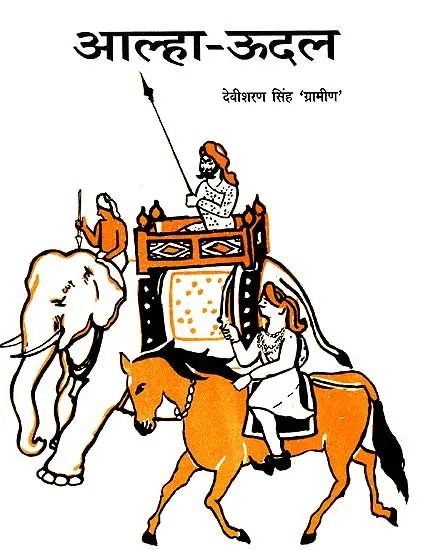
What Are Heroic Ballads?
In the middle of this question is a ballad. A Ballad as known is a type of verse which is in the form of a story will be recited or sung to music. In the case of Alha and Udal the epic is in the form of ballads that are historical, heroic and triumphant epics that depict these two warriors. Heroic ballads, in particularly, are songs that are sung about heroes, more often than not warriors, who fight for honor, right and love.. These ballad are simultaneously an art form and a record of history. Sometimes chanted, sometimes spoken, set to music and intended to bring not only the memory of such, but also the values of these heroes to mind.
Alha and Udal are claimed to have been living in the medieval era of Indian history though there was steady fighting and wars. Per their tales, they are the proud folks that writers down the ages have immortalized through ballads, folk singers and story-tellers. These ballads were not just entertainment in musical form but a tool for pro as well as passing on with the social norms, for motivation and for appreciation of cultural endowment of Bundelkhand which is a part of present day Uttar Pradesh and Madhya Pradesh. Alha and Udal were true to the kind heroes were made: courageous, loyal and skillful fighters that were. This clan was in the court of King Paramardi of Mahoba; but the king changed his loyalty when the powerful Raja Salbhan of Gahmar summoned them against their own king. The ballads tell their stories, victory, combat, and losses, which gives beginning to be legends, Alha and Udal. Positioning of Cultural and Historical Importance of Alha Udal Ballads
What was within those ballads worthy of celebrating Alha and Udal and why are those stories still remembered to this very day? It is, therefore, appropriate to look at the qualities that these warriors possessed before drawing any conclusion. Alha and Udal were not only the great warriors but also the people who had the very principles of justice, bravery and honor ;(separator). The ballads are a view of how people saw the world, how people perceived the world of that time – a world where courage in a battle and obedience to your king and your brethren were dear to one. To the lowly farmer and fishermen, Alha and Udal were heroic representations o , the epitome of what a man should be and the narratives were meant to empower the masses. These ballads were usually performed by potters during the royal settings, in the village, or times of the religious feast. Because of this, they were general literature recited through performances in India and for this reason, they were able to reach all statuses of the social pyramid.
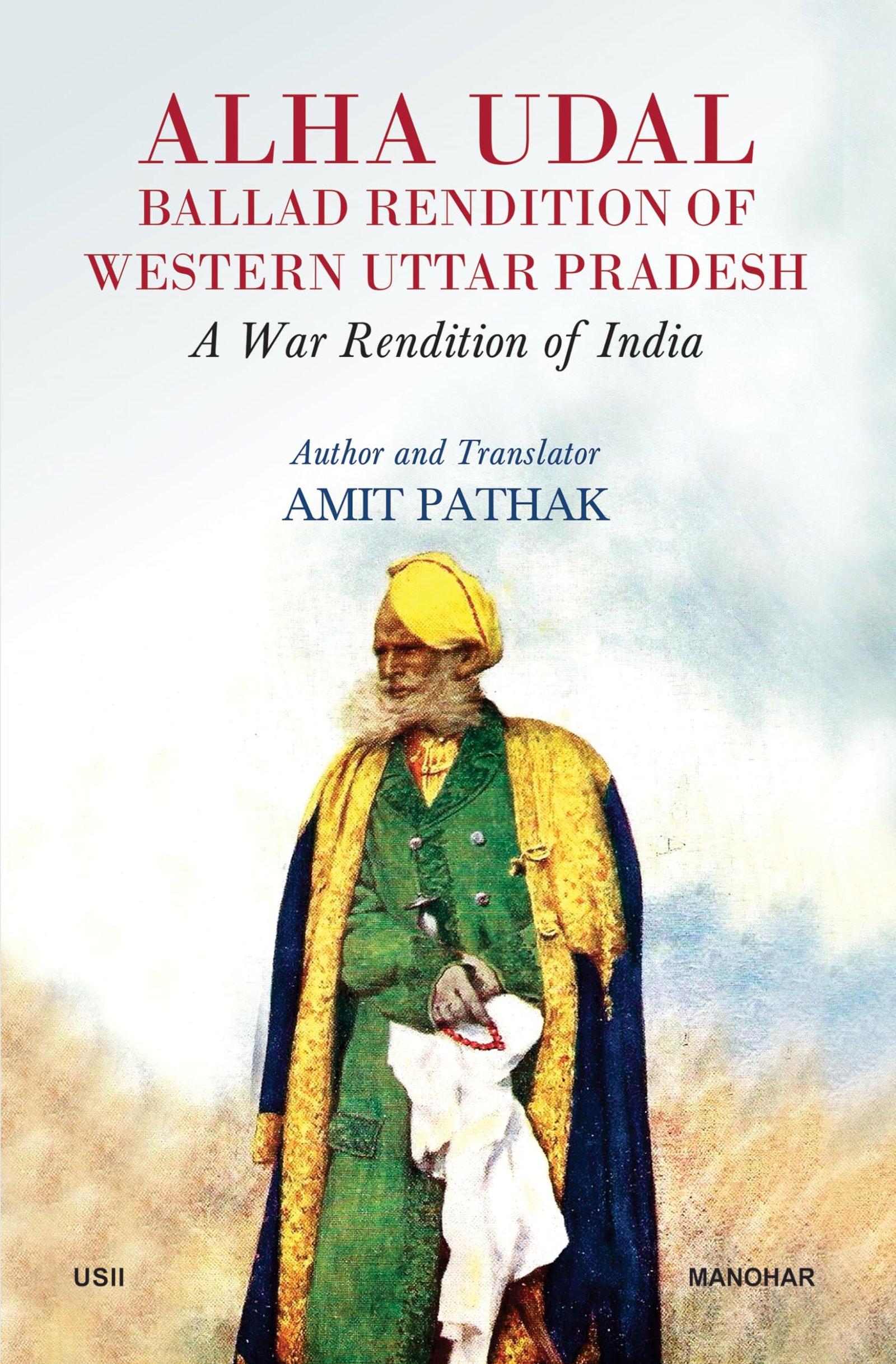
Roses and other such ballads are more than mere entertainment vehicles because they How begin to answer that question: The importance of these ballads goes beyond mere entertainment . And indeed it was their role to remind a society about its values, about the virtues which the society cherished most. As society in medieval Bundelkhand was full of disputes and fights for territories and power, the ballads became means to record and celebrate the life of brave warriors who fought for their kings, families and dignity. Thus, these ballads were not only historical in sense; they speaking with the present and are the call for future.
The Origin of the Alha Udal Ballads:-
It is now generally accepted that the Alha Udal ballads came into existence and were spread during the medieval age of India, roughly, 12 and 14 th cent., when the Chandelas of Bundelkhand and other rulers were in power. The ballads are devoted to the adventures of the legendary warriors Alha and Udal, who were poets in the army of Indian King Parmardi of Mahoba of modern Uttar Pradesh, India. They are esteemed as being courageous and faithful warriors, who took part more in the wars against other kings- like Raja Salbhan of Gohar.
It is believed that these ballads were initially sung words in oral poetic tradition and were passed from one generation to the other by ballad singers or Alha singers or Alha gaayak. Singing these ballads was an inherent feature of the historical oral narrative tradition in rural India, and they were usually performed during festivals, social and official ceremonies or gatherings.
The Decline of Alha Udal Ballads: Why Have They Become Rare?
Unfortunately the heroic ballads of Alha and Udal are rare. Currently, they are limited to only some villages in Bundelkhand and it is generally believed that these art forms are on the wane. The question arises: we therefore ask ourselves why has this rich cultural practice faded off the society? There are several causes of this decline.

In the first place the mobility brought by movie houses, television sets and computer/internet engagements, there is very limited market for oral deliverancers. The audiences are not congregating to village green or Royal court to pay to listen to the bards; they are devouring what is provided in faster, less Proustian manner at the very least. The increased adoption of urban trends has continued to pull people far from such country practices.
Second, written literature is increasingly replacing oral literature, which includes such historical and cultural epics as Alha and Udal, and the modern literary texts may be significantly different from the traditional ones, more standardised and formal. That helps to preserve the stories but at the same time, the living dynamic character of the ballads which made them the unique type of narrative disappears. The narrative nature of these ballads means that the character of the songs: their pace, mood, and rhythms could change according to the singer.
Thirdly, the alteration of the social and cultural setting of India have brought in a shift of people values. The idea and conceptions depicted in the book may not be understood by future generations and especially the younger generation due to reason such as globalization. Instead today people are much more liberal and they focus on the freedom, wealth and the ability to communicate all over the worldwide web, and all these principles, which chivalry and loyalty built, seem something from a fairy-tale.
Impact of Alha Udal Ballads on the Psychology of the Audience
However, there still exists nationalist and psychological effect on those who met the Alha Udal ballads. In the areas where such ballads are performed, they are not mere narratives but the part of the collective reality, which reminds people on compliance with the norms. The ballads bring pride out from the people the moment they hear Alha and Udal and even feel proud to be identified with the ballads. What was appealing to people, is that the ballads highlighted important virtues of the ancient people that still are significant today: honour, bravery and loyalty.
There is a tremendous effect on the psyche of the listener. Therefore emblematical heroic ballads such as Alha and Udal narratives offer a people a prescription on where they fit in the social order and cosmos. They provide audience with the perfect model of a hero – a courageous, righteous man ready to make a great sacrifice for the good of others. This can be useful as a psychological model for the people, especially when that people feel down and need some examples or at least a model of behavior and resources they have.
However, the psychological utility of these ballads does not end with the identification of them as means of emotional outlet and assertiveness, or personal continuity and identity. The two tales bring the modern feeling and tradition into focus with that of the ancient, providing a prospect of continuity with forebears and tradition. In a world which is increasingly complex and people, who are barely rooted to their culture and tradition, the ballads of Alha and Udal being sung by then create a sense of identity among the community.
What Role do They Have in Our Present Day Society?
Describing the life of Chipko movement in a world where old oral traditions are in conflict with the new fast life, the songs about Alha and Udal still teach the principles of courage, fidelity and respect. There is one thing that these two warriors’ stories might be symbolic for – and that is the attempt to deal with the difficulties of modern living. Its still holds audience aware that courage is not always mean the ability to fight and win the battle, but defending a cause, to endure and withstand a big risk and more importantly, sticking to ones ideals.
The influence of cultural is also shown in terms of they have contributed to the development of literature. Alha Udal ballads have contributed to change the traditional oral storytelling of India and in some ways the World Story telling Tradition. Like most other literatures worldwide, this literature has a rich oral history, and these ballads are a part of that tradition. By the style of narrative and the structure it can be compared with other epics like Iliad or the Aeneid therefore sharing typical characteristics of the hero’s journey cross culturally.
The Legacy
Thus, the Alha Udal ballads are not mere recording of heroic feats of valor of the past; in fact, they are a voice of persistent cultural relativity of contemporary society. While it is regrettable that singing these ballads has more or less died out, the issues highlighted are as relevant as ever. Alha and Udal, the warriors of the indigenous peoples, gave us examples of bravery, submission to the cause of justice and the willingness to die for someone. Which, in an era of constant flux, provides a brief pause in which the basic principles of our civilization are defined and the qualities people should aspire to are made clear. The Alha Udal ballads therefore help in bringing to the realization that heroism is not a large gesture but is an act characterized by courage dignity and determination.
The ballad themselves may only sung in a few of the village to this date, but in the people who still know the melodies and the text, as well as in the written accounts of these pieces they are far from forgotten. Hence the courage of both heroes is not in the fight they made, but in the valor they chase, the fight they sever, the loyalty they endure, the love they uphold and the spirit they earned.
